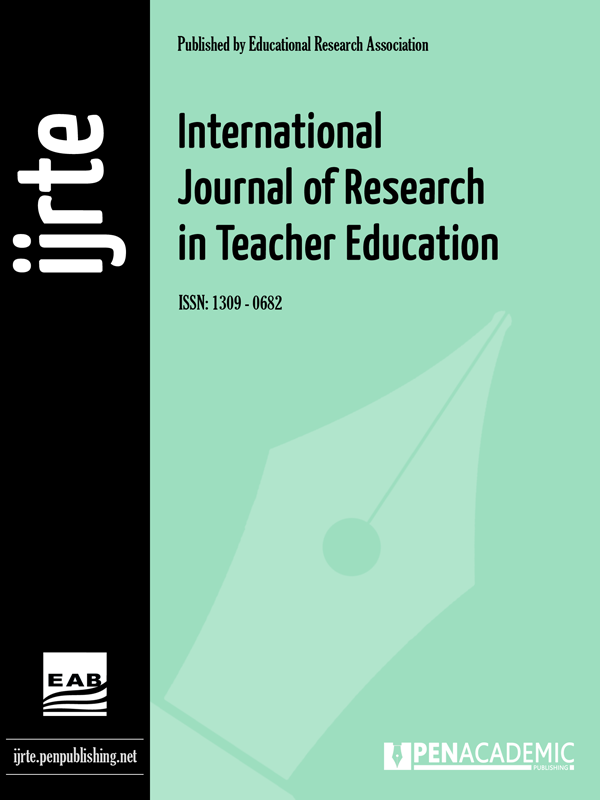Original article | International Journal of Research in Teacher Education 2016, Vol. 7(3) 1-12
Communication Skills Comparison of Physical Education Teachers in Secondary Education and Professional Trainers in Sport Leagues
Muzaffer Doğgün
pp. 1 - 12 | Manu. Number: ijrte.2016.007
Published online: September 01, 2016 | Number of Views: 233 | Number of Download: 719
Abstract
Educational research in secondary schools of Northern Cyprus is generally lacking and developing special programs on education to improve current level of education to modernize with new approaches and techniques certainly are in need for North Cyprus. One of the fundamental thinking about modernization of education system is improving communication skills of educators to able them to increase effectiveness of time that consuming in educational matters and improve quality. Young age groups’ education is important for all community members in a modern society and responsible education members’ communication skills are essential in this process of education of young generations. Based on this thought, to evaluate and analysis of whether secondary education level teachers have enough communication skills and abilities in pedagogical terms, two focus group are selected. Group one is physical education teachers of secondary education level while second group consists of professional trainers of youngster sport teams. The aim of this research was investigating communication skills of secondary education physical education teachers by comparing them with their relative counterparts, trainers in professional youngster team sports who are generally lacking basic pedagogical education background. Study shows that physical education teachers’ pedagogical education background helps improving communicational skills on dealing with youngsters when compared with professional sport trainers without any education on pedagogy.
Keywords: Physical Education, Teacher, Communication skills, Team Sport, Trainers, Young
| How to Cite this Article? |
|---|
|
APA 6th edition Harvard Chicago 16th edition |
| References |
|---|
|


